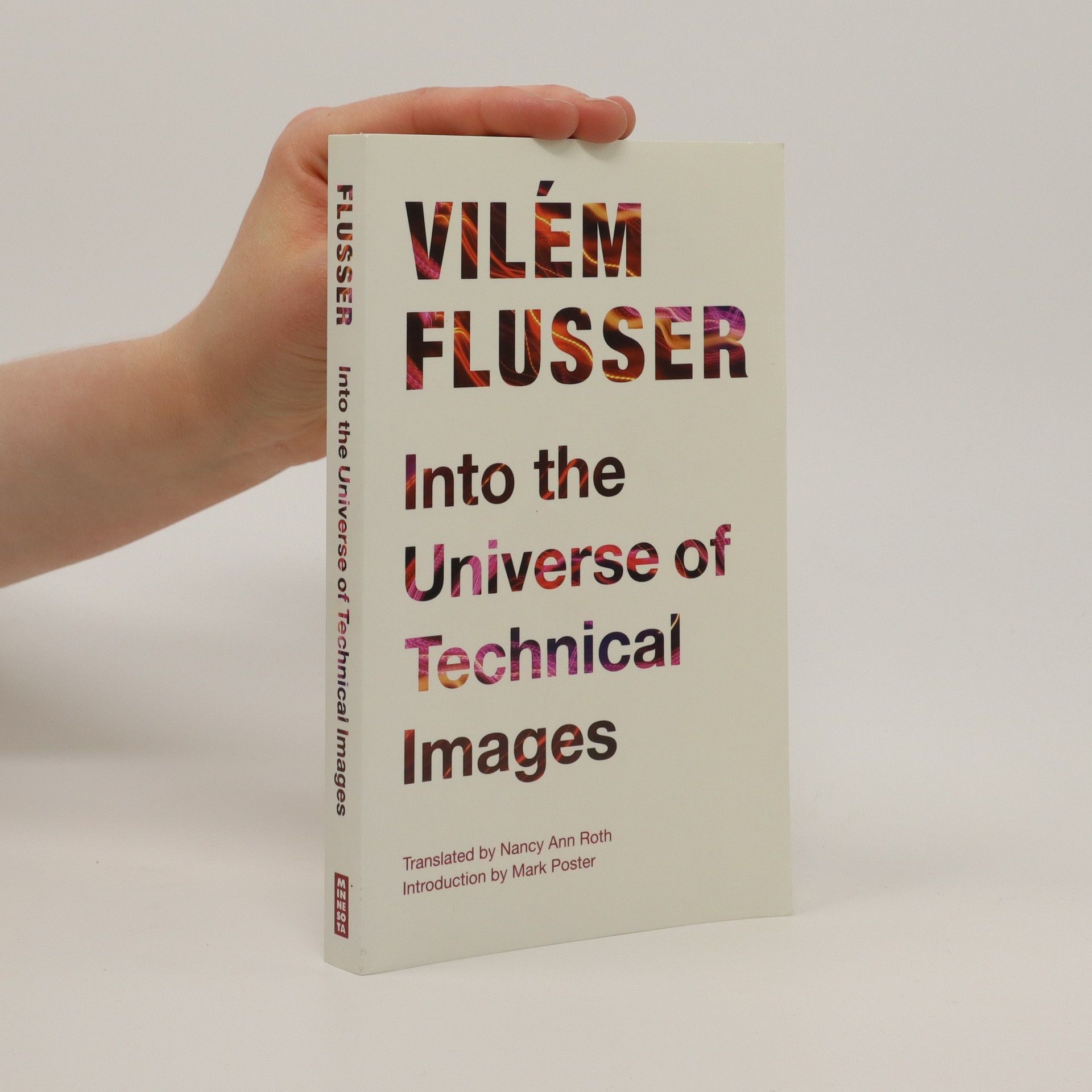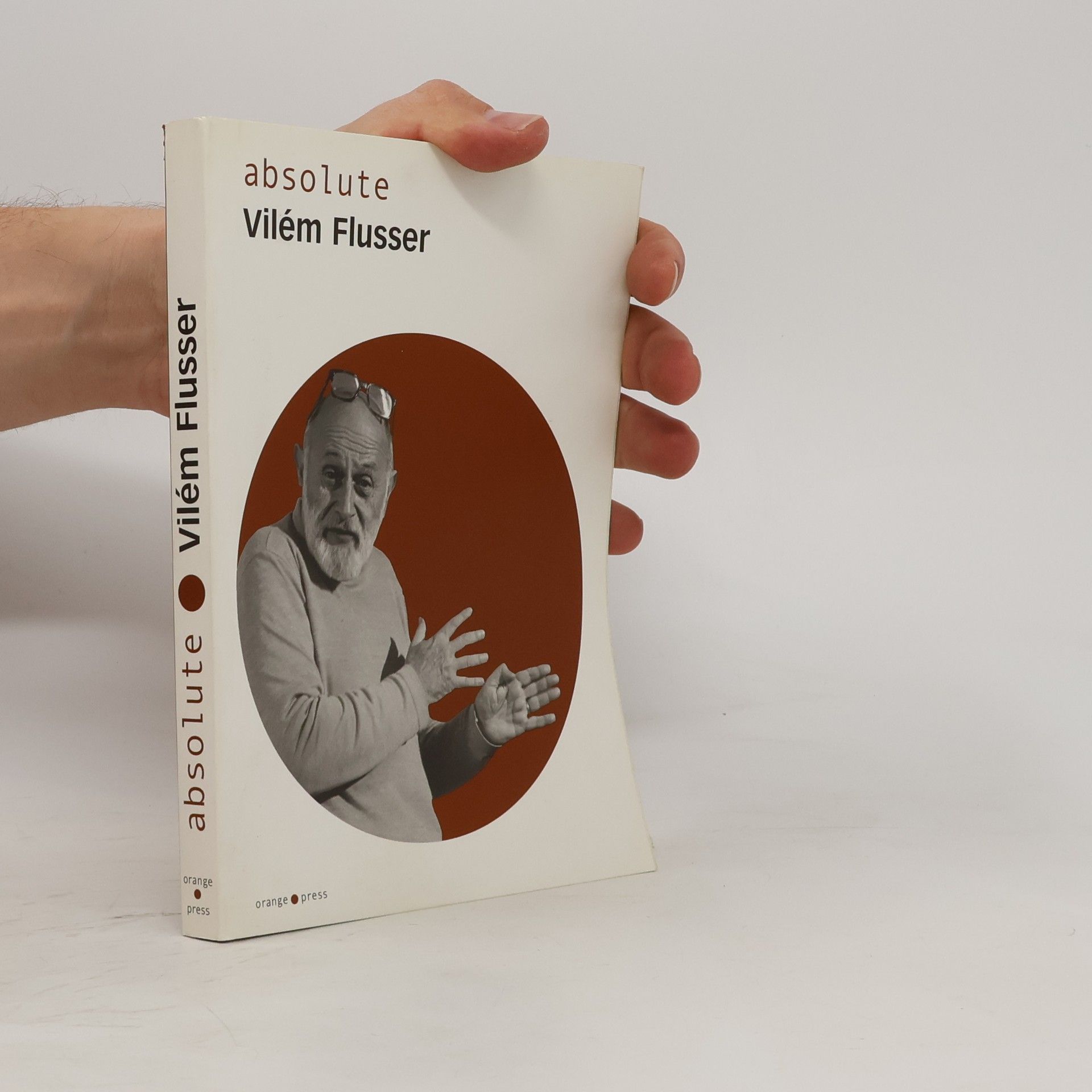What If?
- 120pagine
- 5 ore di lettura
"Two years after his Vampyroteuthis Infernalis, the philosopher Vilém Flusser engaged in another thought experiment: a collection of twenty-two 'scenarios for the future' to be produced as computer-generated media, or technical images, that would break the imaginative logjam in conceiving the social, political, and economic future of the universe. What If? is not just an 'impossible journey' to which Flusser invites us in the first scenario; it functions also as a distorting mirror held up to humanity. Flusser's disarming scenarios of an Anthropocene fraught with nightmares offer new visions that range from the scientific to the fantastic to the playful and whimsical. Each essay reflects our present sense of understanding the world, considering the exploitation of nature and the dangers of global warming, overpopulation, and blind reliance on the promises of scientific knowledge and invention. What If? offers insight into the radical futures of a slipstream Anthropocene that have much to do with speculative fiction, with Flusser's concept of design as 'crafty' or slippery, and with art and the immense creative potential of failure versus reasonable, 'good' computing or calculability. As such, the book is both a warning and a nudge to imagine what we may yet become and be"-- Provided by publisher









